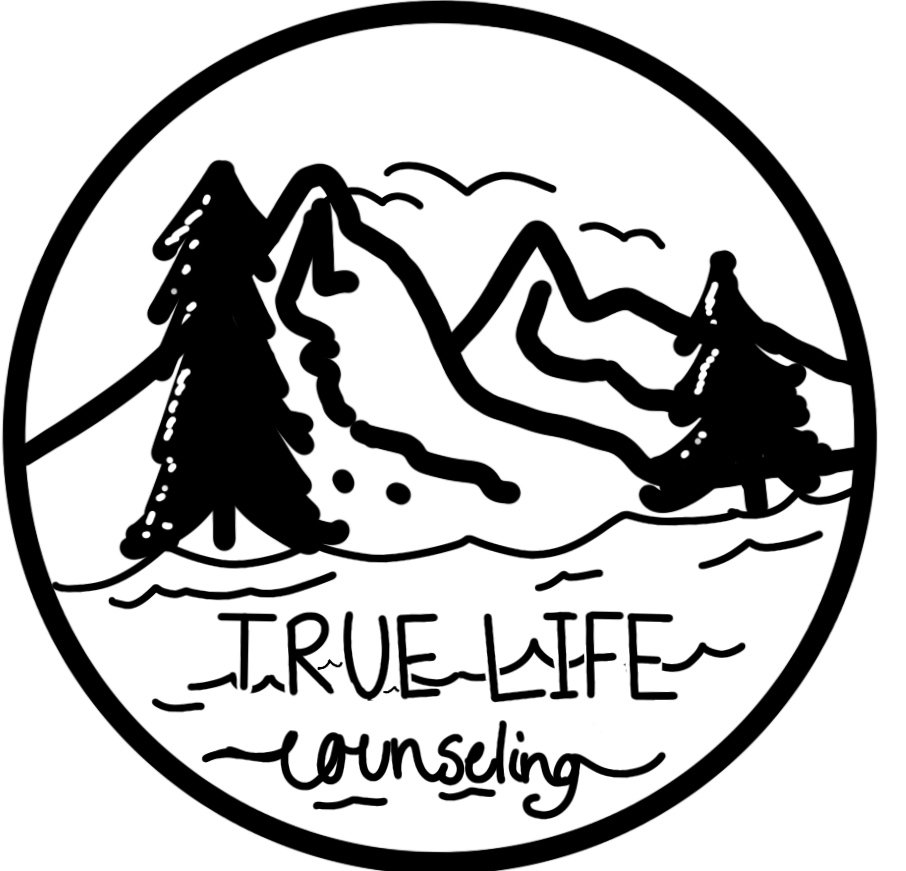Attachment Trauma
Attachment trauma is any trauma that occurs during specific stages of a child’s development. Trauma often occurs with attachment when a child’s sense of safety, security, predictability, and trust are damaged from abuse, neglect, or inconsistent or unpredictable care from a primary caregiver.
Many people that have relationship problems actually have unprocessed attachment trauma. Attachment trauma manifests in patterns of behavior and somatic or psychological symptoms that can affect everyday adult life. Infact, unhealed attachment trauma can have devastating effects on relationships and the person’s quality of adult likfe.
Here are 5 signes that you could be experiencing attachment trauma:
Unexplained psychological symptoms: Symptoms such as obessive- complulsive behaviors, irritability, severe anxiety, emotional numbness, depression and mood swings could all be from attachment trauma. It’s not uncommon for people who have attachment trauma to distract self or try to avoid feelings with substance abuse or bebehavioral addictions as maladaptive ways of overcompensating and self-numbing.
Control Issues: People with attachment trauma could have an overwhelming feeling of powerlessness over their life in childhood often manifests as an over-controlling of everything in their adult lives. This could be from a childhood where one felt helpless, could have been neglected or lived in a family that was overly controlling that refused to give autonomy or made harsh or inappropriate demands.
Chronic Pain: Research has shown that medical symptoms of fibromyalgia, headaches, gastrointestinal upset, insomnia, muscle aches, back pain, chest pain, and chronic fatigue as associated with the aftermath of experiencing chronic developmental trauma, especially physical abuse. Many unexplained physical ailments could originate from having experienced early trauma.
Self- Sabotage: This can be explained by the cycle that often plays out in a circular dance where lashing out, shutting down, or impulsive ( self- defeating) behavior results in feelings of guilt, shame, and self- loathing. The root of this pattern is a cycle of hurting others, then hurting yourself. So many people with attachment trauma are unaware of their woulds, they often operate on survival mode, which is unconsciously testing or challenging the emotional investment of people in their lives, pushin them away to decrease the risk of abandonment.
If you relate to any of these subtle symptoms, you could have attachment trauma and would benefit from individual trauma therapy. Please know that you do not need to continue living such as you are, there is hope, there can be change and you can heal.
Interested in individual counseling? You can request a session here: https://natalie-teeters.clientsecure.me/

